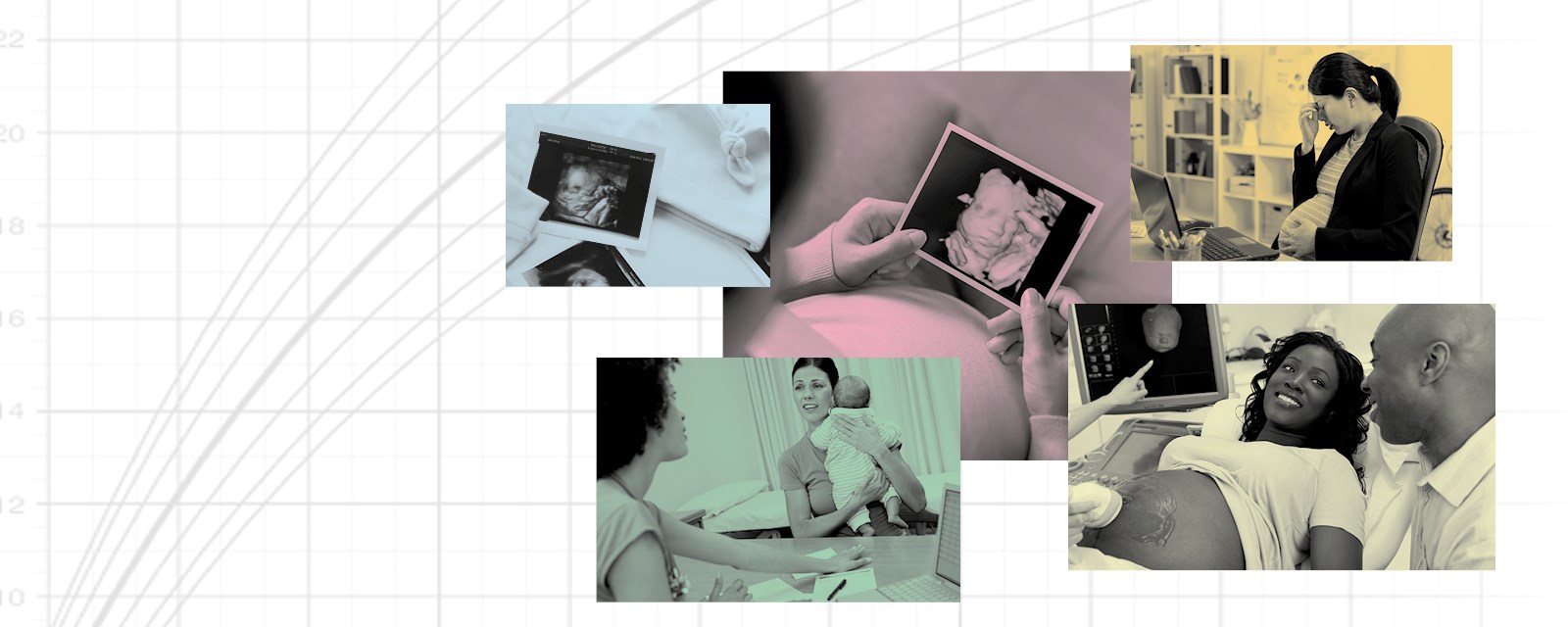
Experts underline importance of reducing stress in pregnancy
The latest understanding of how stress in pregnancy affects the foetus was shared with healthcare professionals at the Royal Society of Medicine (RSM) last week.
Academics and clinicians from Durham University, Imperial College London and Maudsley Hospital updated event participants on what we know about how the unborn child responds to external stimuli and what is being done to support women during pregnancy.
Professor Vivette Glover, Psychobiologist at Imperial College London, presented first. She said: “The environment that can shape our outcome starts in the womb and this can affect the young child. These effects could be very long lasting.”
A quarter of a million neurons per minute are formed in the foetal brain during gestation, Professor Glover pointed out. Exactly how the brain is formed, however, “depends on signals it's getting from the outside,” she said. “In the womb, these signals are coming from the mother.”
She shared a number of studies that indicate that stress, anxiety or depression in pregnant women is associated with increased risk for the child. These risks, she said, include the child being more likely to be anxious or depressed themselves and more likely to have behavioural problems, do less well at school and have impaired cognitive development.
There are other promising studies, she said, that indicate that some of the negative effects could be mitigated through interventions such as touch and music. But most effort should go into reducing maternal stress in the first place. Professor Glover said: “More than a million children in the UK have neurodevelopmental disorders of the sort that have been found to be associated with prenatal stress, anxiety, and depression.
"But if we could screen and look after pregnant women better, there's a potential for a large reduction in the number of affected children in the UK, perhaps up to 100,000 or 150,000.”
The two takeaways she gave to clinicians were to enquire about emotional state – going beyond traditional psychiatric diagnosis –throughout the pregnancy, and to bring in their partner, where appropriate and possible, because they can be a source of both stress and support.
The second speaker was Professor Nadja Reissland, Psychologist at the University of Durham. She talked about her ongoing research using 4D in utero modelling to map the facial movements of the foetus to better understand how it reacts to stimuli.
One study was able to show that foetuses react differently when the mother ingests something with a sweet or bitter taste. Pregnant women swallowed capsules containing either carrot (sweet) or kale (bitter). The ‘carrot’ babies showed more positive facial expressions and the ‘kale’ group more negative.
But this might be more about familiarity than likes and dislikes, suggested Professor Reissland. In another study, which continued post birth, newborns reacted more positively to tastes and sounds that they had been exposed to in the womb. Professor Reissland said: “We cannot assume that facial expressions of the foetus are emotional expressions, but they might be expressions which relate to their experiences prenatally.”
The mother’s emotional state when pregnant also had an impact on the results. The response to stimuli was heightened in babies of mothers who had anxiety while pregnant and subdued in those whose mothers had been depressed.
In the final presentation, Dr Trudi Seneviratne, Perinatal Psychiatrist and Clinical Director, South London and Maudsley NHS Foundation Trust, discussed her work with pregnant women who have mental health problems.
While much of the presentation related to real cases and cannot be republished here, the overall message was to treat each person as an individual, as approaches that work for one may not for another. Counselling or talking therapy is among the most common interventions but this in itself can be stressful; as such, the timing of the interventions needs to be considered carefully, Dr Seneviratne said. “It's a very nuanced and careful judgement call to go down the route of talking therapy or not,” she said, “balancing somebody's wishes and desires with their suitability.” She outlined successes with other forms of therapy, such as art therapy, massage, music and mindfulness.
‘Stress in Pregnancy: How the foetus communicates and how the mother copes’ was held online on 24 January 2023 by the RSM Maternity and the Newborn Forum.
The webinar was organised by Dr Joanna Hawthorne, psychologist, former Director, Brazelton Centre UK, and Council Member of the Maternity and the Newborn Forum. It was chaired by Nina Khazaezadeh, Deputy Chief Midwife for London and Council Member of the RSM Maternity and the Newborn Forum, who also hosted a question-and-answer session with participants. Dr Jo Peterkin, Consultant Clinical Psychologist, made closing remarks.
